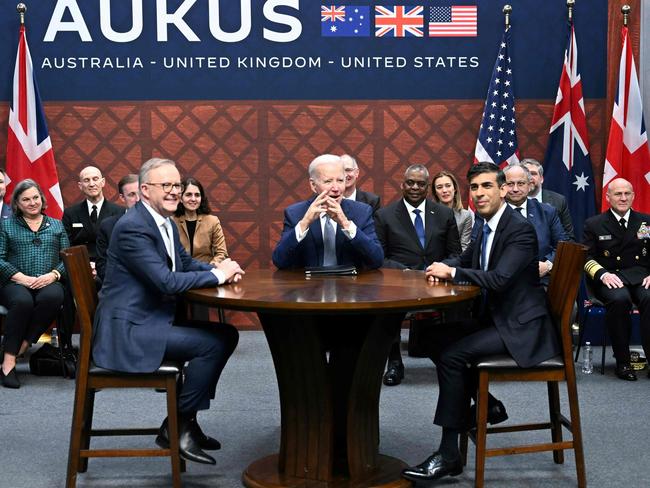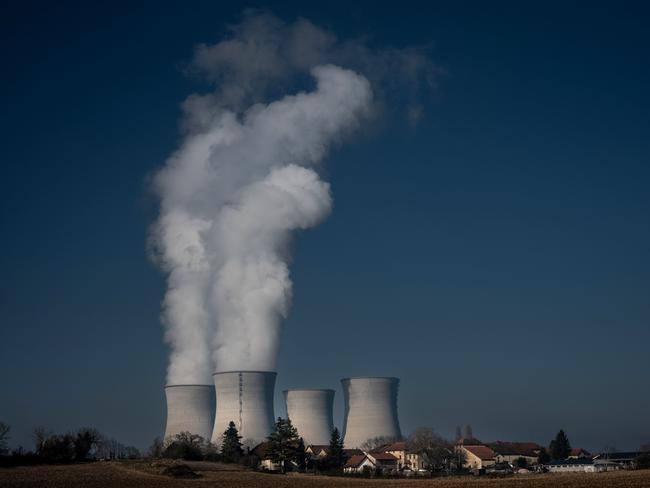Big fat facts missing from nuclear power debate
Finding the debate over nuclear power super-annoying? You’re not the only one, writes David Mills.
You know that thing in movies where you can see a plot twist coming a mile off, and it’s agonising having to sit through big dumb slabs of exposition until you reach it?
That’s how I feel about Australia’s nuclear power debate.
Twenty years from now, Australia will be receiving the first of its nuclear powered submarines under the AUKUS pact. And inevitably, the PM of the day will get up and point out the obvious oddity that Australia is getting nuclear subs, but doesn’t have a nuclear power industry behind it, and that’s a sovereign capability issue, and we should rectify that toot sweet.
That day is coming. It became inevitable the day we signed up to AUKUS.

But what we’re sitting through now is that exposition phase. We have a government seemingly determined not to budge an inch on nuclear, insisting it’s the most expensive form of electricity there is, when our research shows there are overseas jurisdictions that have both nuclear power and cheap bills.
Meanwhile we have an opposition suddenly screaming for nuclear, despite doing nothing to advance the cause for the entire decade they were in power, so their credibility is questionable.

The partisan divide is itself a huge hurdle for the prospect of any future nuclear power industry in this country. If Australia is ever to go nuclear, the reality is it will need bipartisan support. The massive private investment required for such a project will not flow without that baseline certainty.
Perhaps the seeds of that bipartisan support will come from the Australian public, which does seem to be warming to the idea of nuclear power.
While Newspoll found earlier this week that 55 per cent of voters were now in favour of small module reactors, the first signs came in 2022, when a long-term Lowy Institute tracking poll found support for nuclear had tipped over to a majority for the first time.
There are still plenty of questions about the prospect of nuclear in this country – including the sites for reactors, the hazardous waste disposal, and the overall risk – but those poll results suggest Australians are ready to have those discussions now.
Originally published as Big fat facts missing from nuclear power debate





